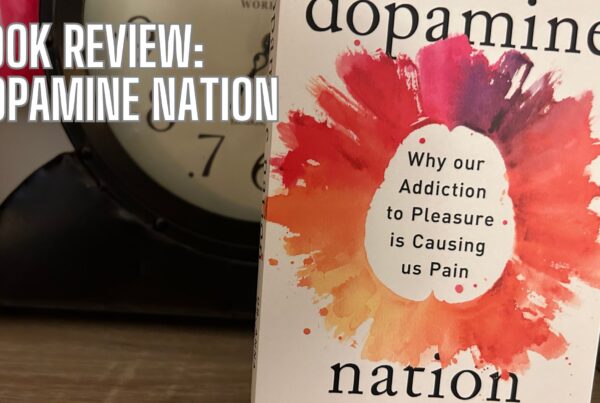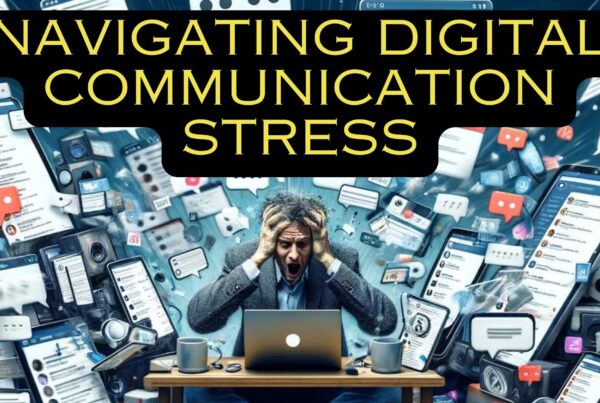The Essential Pillars for Overcoming Addiction
An Exploration of the Pillars for Overcoming Addiction
When it comes to overcoming addiction, there are several individual pillars that need to be considered. When all pillars are upstanding, they have the ability to create transformative change. Each pillar helps to support the other, creating a solid foundation. In this blog, we explore each of these pillars although you’ll find additional information on each on our website.
Pillars for Overcoming Addiction 1: The Power of ‘Why’
Imagine the heart of your being as a vast, bustling city. Within its streets, there’s an ongoing tug-of-war; one part of the city strives to sustain the status quo, while the other yearns for change and progress. This latter part is your ‘Why’ – the entity that pines for liberation from the shackles of your problematic behaviour. If your ‘Why’ possesses the vigour to eclipse the part that is content with stagnation, then and only then can you pave the road to success (Klemanski, D., et al., 2017). It’s your ‘Why’ that fuels the engine of change, accelerating your journey towards a healthier you.
Pillars for Overcoming Addiction 2: Embracing Awareness
Awareness is like a compass, guiding you through the labyrinth of addiction. It prompts us to dissect and investigate the how, what, when, where, and why of our problematic behaviour. What sensations bubble within you, triggering this behavioural response? What are the silent whispers of your mind that awaken this destructive pattern? Is your environment an unseen puppeteer, pulling the strings of your actions? Are there other characters in this play of life contributing to your problem? Navigating these questions with honesty illuminates your path, helping you face the beast of addiction head-on (Brewer, J., et al., 2013).
Pillars for Overcoming Addiction 3: Charting the Course – The Power of Planning
Now, it’s time to use the map drawn by your awareness to formulate a plan. Given your understanding of when and where the problematic behaviour is likely to rear its head, what activities can you substitute to counteract this? Journaling, for example, is an evidence-based practice that facilitates emotional regulation and boosts self-understanding, thus forming an effective alternative to addictive behaviours (Ullrich, P., & Lutgendorf, S., 2002).
Pillars for Overcoming Addiction 4: The Role of Mindset
With awareness in one hand and your ‘Why’ in the other, the next step in this journey is cultivating a mindset of resilience and positivity. Consider the wisdom of Henry Ford, who declared, “Whether you believe you can, or you believe you can’t – you’re right.” This insight isn’t mere philosophy; it is the reality of the human mind, proven by countless studies in the realm of psychology and neuroscience (Dweck, C., 2006). Fostering a mindset that not only believes in overcoming addiction, but also actively learns about it, is the spark that ignites the flame of transformation.
This same mindset will allow you to tap into the motivation to make this change and give you the drive needed. If the ‘Why’ is your ship, Awareness is your map, The Plan is your chartered course, then Mindset is your engine that drives you forward.
Pillars for Overcoming Addiction 5: Overcoming Obstacles – Dealing with Thoughts and Cravings
As we sail the sea of addiction recovery, we must anticipate turbulent waves of thoughts and cravings. Various strategies like defusion exercises, the ‘Swish’ technique, and ‘Anchors’ help manage intrusive thoughts. These approaches aim to disentangle you from your thoughts, replacing them with healthier narratives (Hayes, S., et al., 2006).
Moreover, strategies such as ‘Urge Surfing,’ ‘Tapping,’ and guided visualisations allow you to ride out the storm of cravings. These techniques promote mindfulness, enabling you to observe your cravings as the observer without succumbing to them (Bowen, S., et al., 2011).
It is important to note here that there is value in exploring different types of techniques here. There is no one size fits all, and we all have different internal skills that we bring to overcoming addiction. If we bring in a sense of curiosity as we explore these techniques, we can find the ones that work best for us individually.
Pillars for Overcoming Addiction 6: The Art of Resilience: Preparing for Possible Relapse
Like every journey, the path to recovery can sometimes include setbacks. In such times, self-compassion is your best ally. Embracing your human vulnerability with kindness and understanding, instead of harsh self-criticism, encourages psychological resilience and fosters wellbeing, which are essential during challenging times (Neff, K., 2011). Remember, every setback is a set up for a comeback. As we navigate this complex maze of addiction recovery, it is our empathy, knowledge, and unwavering belief in our capacity to change that serve as our guiding lights towards a healthier future.
If we take it as a day at a time, it allows us to refocus each morning. As part of that, we can use our values to determine what kind of person we want to be today.
Making Sure You Handle The Addiction Properly
It is worth noting that there are some addictive behaviours which you can’t just stop ‘cold turkey’. When it comes to issues such as alcoholism, just stopping may have some health issues associated with that. It is important that you are aware of the potential medical issues that come from making this change so that you can transition in a healthy way.
You Have All The Skills You Need to Overcome Addiction
Once you reach that point in your addiction where you know you have to change, then you’re ready to reclaim your life. I recall an old saying that ‘addiction is giving up everything for one thing.’ Recovery is about recognising the trick of the addiction, letting it go, and reclaiming everything back. These pillars of overcoming addiction are the starting point to reclaiming you.
Release Hypnosis Melbourne Hypnotherapy
Since 2016, Lawrence Akers has been working under the name Release Hypnosis offering Hypnotherapy and ACT based work to the people of Melbourne or an online service. Based on St Kilda Rd, Release Hypnosis is an easy and convenient location to get to and accessible by the ANZAC station train and tram stop. Release Hypnosis can help with a wide range of presenting issues, and I offer a free 30 minute no obligation discovery call for those who are unsure if hypnotherapy is the right way forward for them.
Book Your FREE 30 Minute Consultation With Release Hypnosis NOW!
You may also like to read:
Discovering Purpose and Values: A Path to Mental Well-being
Can’t Visualise in Hypnosis? Here’s What You Can Do Instead.
Dealing with Financial Stress and Crisis: Finding Peace Amid Turbulence
What Is The Success Rate of Hypnosis?
Release Hypnosis Melbourne Hypnotherapy is accessible for people in: Abbotsford, Armadale, Albert Park, Balwyn, Bentleigh, Black Rock, Box Hill, Brighton, Brunswick, Bulleen, Bundoora, Camberwell, Canterbury, Carnegie, Caulfield, Chadstone, Cheltenham, Clayton, Coburg, Collingwood, Deer Park, Doncaster, Elsternwick, Eltham, Elwood, Epping, Essendon, Fairfield, Fitzroy, Footscray, Glen Iris, Glen Waverley, Glenhuntly, Greensborough, Hampton, Hawthorn, Heidelberg, Highet, Ivanhoe, Kew, Kooyong, Lalor, Laverton, Lower, Plenty, Macleod, Malvern, Middle Park, Moonee Ponds, Melbourne, Moorabbin, Mount Waverley, Murrumbeena, Northcote, Oakleigh, Ormond, Parkville, Pascoe Vale, Port Melbourne, Prahran, Preston, Richmond, Rosana, Sandringham, South Yarra, South Melbourne, Spotswood, St Albans, St Kilda, Surrey Hills, Templestowe, Thornbury, Toorak, Tullamarine, Williamstown, Yarraville, North Melbourne, Windsor, East Melbourne, Melbourne, Melbourne CBD, Melbourne 3004








